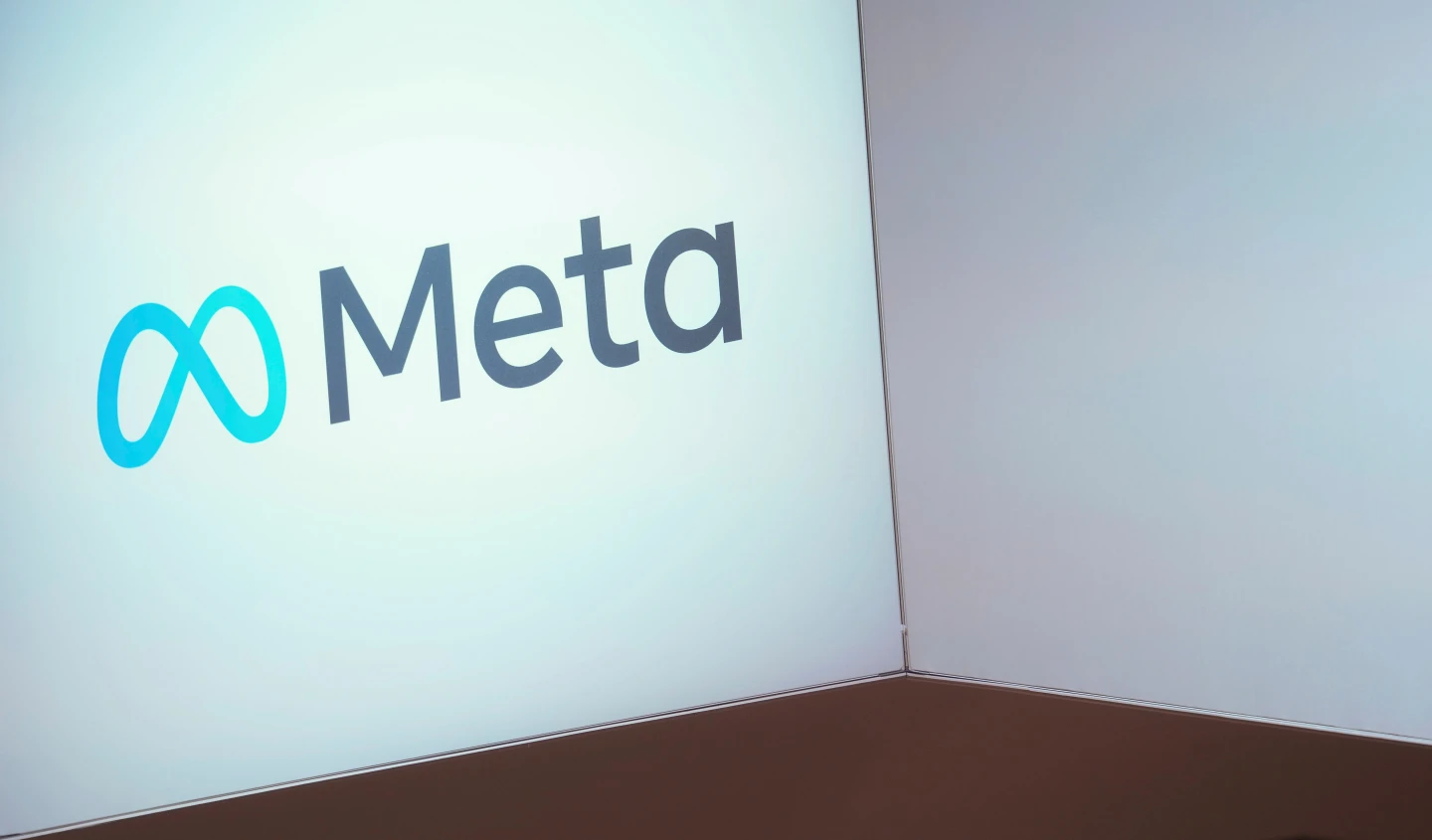WASHINGTON (AP) — Meta CEO Mark Zuckerberg took to the witness stand on the first day of a historic antitrust trial to defend his company against allegations it illegally monopolised the social media market.
The trial could force the tech giant to break off Instagram and WhatsApp, startups Meta bought more than a decade ago that have since grown into social media powerhouses.
FTC attorney Daniel Matheson called Zuckerberg as the first witness, as it seeks to prove that Meta acquired Instagram and WhatsApp to preserve its monopoly in the social networking space.
At the trial, Matheson focused on a communication sent to colleagues that illustrated Zuckerberg’s frustration with a lack of progress on developing a photo-sharing app to compete with Instagram’s.
“The way I read this message is that I’m not happy about how we’re executing on that project,” Zuckerberg said.
Matheson followed up by asking if that was because of Instagram’s rapid growth.
“That does seem to be what I’m highlighting,” Zuckerberg said, adding that he’s always urging his teams to do better.
Later in the day, Zuckerberg appeared frustrated when Matheson asked him about his concerns expressed about how fast Instagram was growing.
Matheson also asked about comments of plans to keep Instagram running, while focusing on Facebook and not investing in Instagram. Zuckerberg said he wouldn’t characterise it as a plan, and he insisted that Instagram wasn’t neglected.
In opening statements, Matheson said Meta has used its position to generate enormous profits even as consumer satisfaction has dropped. He said Meta was “erecting a moat” to protect its interests by buying the two startups.
Mark Hansen, an attorney for Meta, said the FTC was making a “grab bag” of arguments that were wrong. He said Meta has plenty of competition and has made improvements to the startups it acquired.
The trial will be the first big test of President Donald Trump’s Federal Trade Commission’s ability to challenge Big Tech. The lawsuit was filed against Meta — then called Facebook — in 2020, during Trump’s first term. It claims the company bought Instagram and WhatsApp to squash competition and establish an illegal monopoly in the social media market.

Meta, the FTC argues, has maintained a monopoly by pursuing Zuckerberg’s strategy, “expressed in 2008: ‘It is better to buy than compete.’ True to that maxim, Facebook has systematically tracked potential rivals and acquired companies that it viewed as serious competitive threats.”
Facebook also enacted policies designed to make it difficult for smaller rivals to enter the market and “neutralise perceived competitive threats,” the FTC says in its complaint, just as the world shifted its attention to mobile devices from desktop computers.
Facebook bought Instagram in 2012. The USD1 billion cash and stock purchase price was eye-popping at the time, though the deal’s value fell to USD750 million after Facebook’s stock price dipped following its initial public offering in May 2012.
Instagram was the first company Facebook bought and kept running as a separate app. Up until then, Facebook was known for smaller “acqui-hires” — a type of popular Silicon Valley deal in which a company purchases a startup as a way to hire its talented workers, then shuts the acquired company down. Two years later, it did it again with the messaging app WhatsApp, which it purchased for USD22 billion.
WhatsApp and Instagram helped Facebook move its business from desktop computers to mobile devices, and to remain popular with younger generations as rivals like Snapchat (which it also tried, but failed, to buy) and TikTok emerged. However, the FTC has a narrow definition of Meta’s competitive market, excluding companies like TikTok, YouTube and Apple’s messaging service from being considered rivals to Instagram and WhatsApp.
Meta, meanwhile, says the FTC’s lawsuit “defies reality.”
In a filing last week, Meta also stressed that the FTC “must prove that Meta has monopoly power in its claimed relevant market now, not at some time in the past.” This, experts say, could also prove challenging since more competitors have emerged in the social media space in the years since the company bought WhatsApp and Instagram.
Meta’s fate will be decided by U.S. District Judge James Boasberg, who late last year denied Meta’s request for a summary judgment and ruled that the case must go to trial.
While the FTC may face an uphill battle in proving its case, the stakes are high for Meta, whose advertising business could be cut in half if it’s forced to spin off Instagram.


